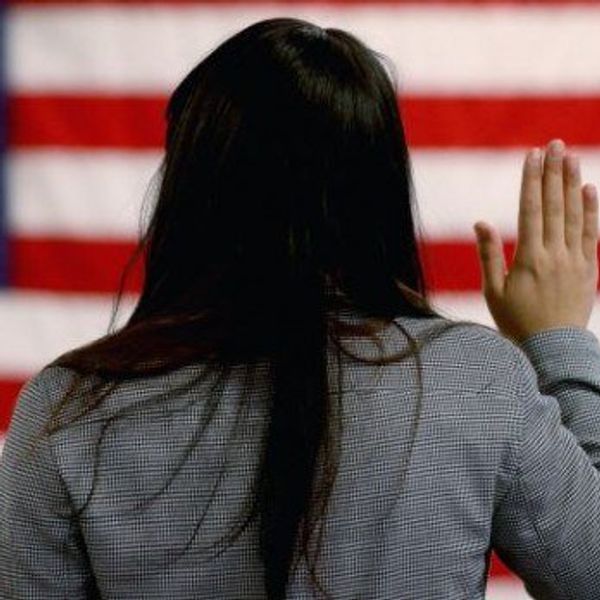In the year 2015, the cause for racial equality has disturbingly backpedaled with: the Baltimore riots, Charleston church shooting, debate on the removal of the confederate flag, Donald Trump’s comments concerning Mexico, and the incessant cases of racially charged police brutality. If Martin Luther King Jr. was alive to see the social climate of race relations in our current day and age, I could only imagine how defeated he would feel. Some people believe that societal racism will always be present, haunting American and global norms for centuries to come. Others, like Dr. King and his followers, believe that one day we will learn to “live together as brothers.” But is there truly a way to transcend racial boundaries as an ethnic melting-pot culture?
Morgan Freeman shocked audiences everywhere when he revealed in a 60 Minutes interview that he does NOT want a Black History Month. Calling it ridiculous, he elaborates on the idea that “Black history is American history.” When asked how to get rid of racism, his profoundly simple answer, “Stop talking about it…. I’m going to stop calling you a white man, and I’m going to ask you to stop calling me a black man.”
Completely blown away by the concept, I remember thinking that avoiding the issue couldn’t possibly bring an end to it. I thought that not talking about racism was an oversimplification of a much larger issue and that it requires massive grassroots and political maneuvering in order to eradicate societal racism (similar to the Civil Rights Movement). In the midst of the racially charged events of 2015 I mentioned, it was hard not to revisit the idea of “Stop talking about it.” Not that the media or American masses should turn their heads at the sight of bigotry and injustice but, rather, that if every person in the United States was oblivious to race, the issue would be shattered.
Obviously, if everybody was blind to ethnicity and cultural boundaries, the idea of racism could not exist. However, with an aggressive news media constantly pumping out the race issue, and various groups campaigning for specific racial interests, the perceived division between ethnic groups becomes thicker and thicker with every bit of propaganda. The simple act of acknowledging our differences is what drives us apart. Being in the competitive realm of university Greek life, I’ve realized that men of the same campus but different fraternities usually have 99 things in common, but are harshly divided by the one thing that distinguishes them: the specific fraternity that they belong to.
At any time that we talk about our differences over our similarities, we add fuel to a sociological frame that divides us from one another. Race, political party, economic status, and sexual orientation all seem to section people off into categories that clash and cast hate. Our defining characteristics matter, and give us a sense of individuality and unique perspective, but are by no means reason to divide us. If we could only mute the conversation that something as arbitrary as skin color matters, we would realize in the still quiet that we are bound together by things as simple as the pursuit of happiness and the capacity to love.





















